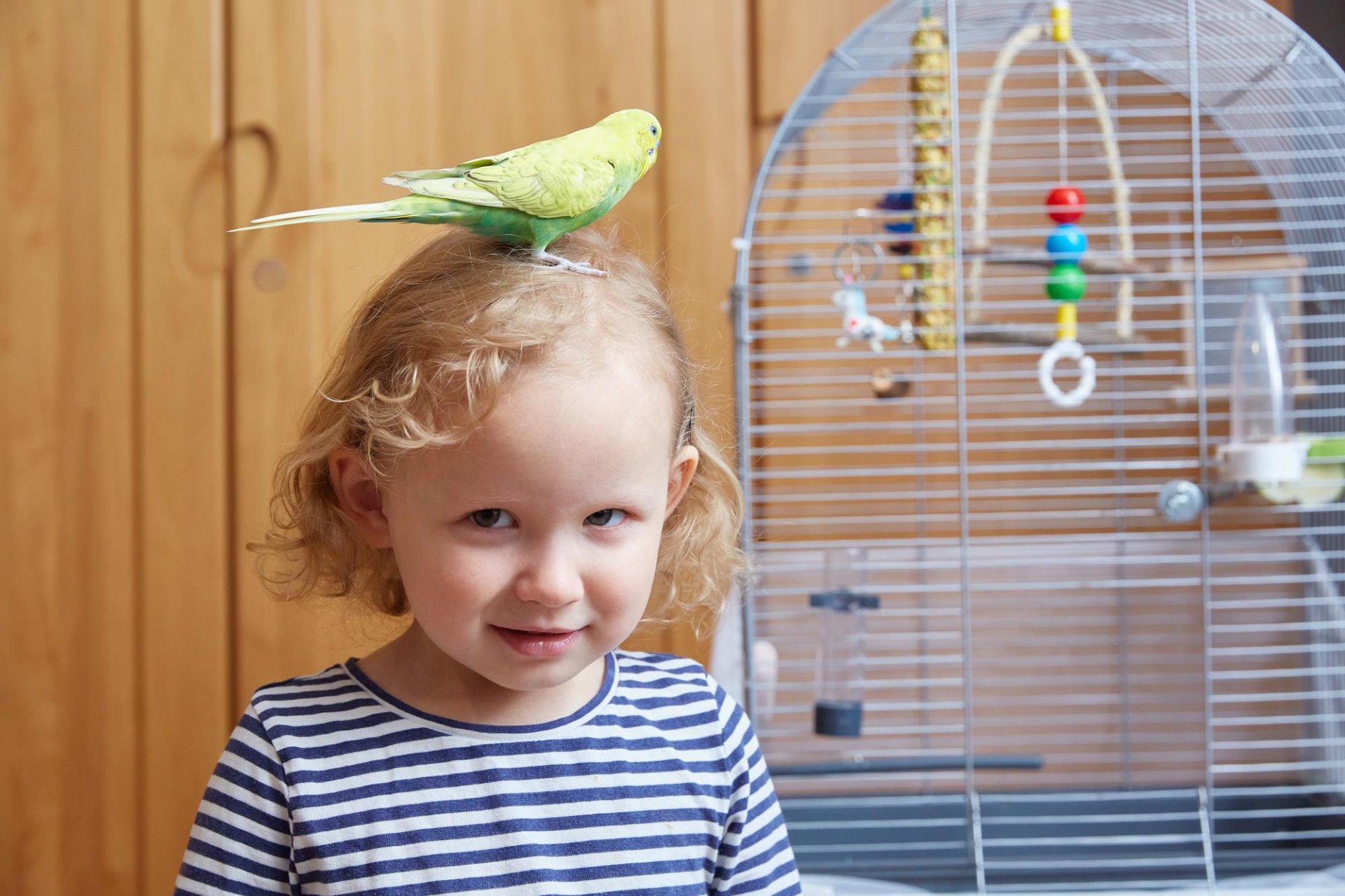Essential Bird-Keeping Equipment Every Bird Owner Should Have at Home

Raising birds involves much more than simply providing food and water.
The right bird-keeping equipment plays a crucial role in maintaining both the physical and emotional well-being of your feathered companions. Properly chosen tools and accessories can help your bird feel safe, cheerful, and healthy, allowing it to live more naturally and experience less stress while in captivity.
Today, U.LEK introduces the basic essentials every bird owner should have, along with practical tips for selecting and using them wisely.
A cage is essentially the bird's home. It should be appropriately sized for the species, spacious enough for the bird to stretch its wings fully, and provide room for climbing and toys.
- Large birds (Macaw, African Grey): Use strong metal cages large enough for full wing extension.
- Medium birds (Lovebird, Cockatiel): Choose cages with perches and climbing areas.
- Small birds (Budgerigar, Finch): Opt for cages with good ventilation and easy-to-clean designs.
Tip: Place the cage in a naturally lit area, but avoid direct sunlight or strong wind. This helps the bird stay relaxed and prevents overheating.
2. Feeding & Water Bowls
Proper food and water containers directly affect a bird's health and hygiene.
- Choose bowls made from non-toxic plastic or stainless steel, which are odor-resistant and easy to clean.
- Square or curved bowls are practical, secure to the cage, and suitable for seeds or fruit mixes.
- Clip-on or hanging bowls fit most cage sizes and allow easy access for the bird.
- Hanging water dispensers work best for small birds, keeping the water clean and free from food particles.
Tip: Clean feeding bowls and change the water daily to prevent mold and bacteria. Use separate bowls for main food and fresh fruits or vegetables.
3. Perches
Perches are where birds rest, climb, and exercise. Having multiple perches of different sizes helps strengthen their feet and maintain healthy nails.
- Use natural hardwood perches that are free of strong odors, such as eucalyptus.
- Avoid slippery plastic perches, which can cause injuries.
- Place perches at varying heights where the bird can comfortably observe its surroundings without touching the cage ceiling.
4. Bird Toys
Toys are essential to prevent boredom and stress, especially for birds that spend long periods inside cages.
- Choose toys made from safe, non-toxic materials such as natural wood, cotton rope, or BPA-free plastic.
- Popular toy types include small mirrors, wooden ladders, climbing ropes, and bamboo balls.
- Rotate toys every 2-3 weeks to keep your bird engaged and mentally stimulated.
5. Cage Bedding
Cage bedding absorbs waste and helps control odor. Choose materials that minimize dust, since dust can lead to respiratory problems in birds. Common options include kiln-dried pine shavings, chemical-free paper bedding, or dried corn cob granules, all effective for maintaining cage hygiene.
Caution: Avoid scented wood shavings (such as cedar), which can irritate a bird's respiratory system. Replace bedding every 2-3 days to prevent moisture and fungal growth.
6. Cleaning Tools
Cleanliness is at the heart of good bird care. Its important to have dedicated cleaning tools for your bird's cage, such as:
- A small brush for cleaning bowls and feeders
- A microfiber cloth for wiping cage surfaces
- A non-toxic cleaning solution safe for pets
Tip: Clean the cage daily, and wash the tray or bottom pan at least twice a week to maintain hygiene and prevent odor.
U.LEK's Recommendation
Preparing the right equipment is the foundation of keeping your bird healthy and happy. Every owner should pay close attention to cleanliness, safety, and the stimulation of natural bird behaviors each day.
"A bird's good health begins with a clean home, proper nutrition, and care that comes from the heart."
Related Content
7 ก.ค. 2025
7 ก.ค. 2025
7 ก.ค. 2025


